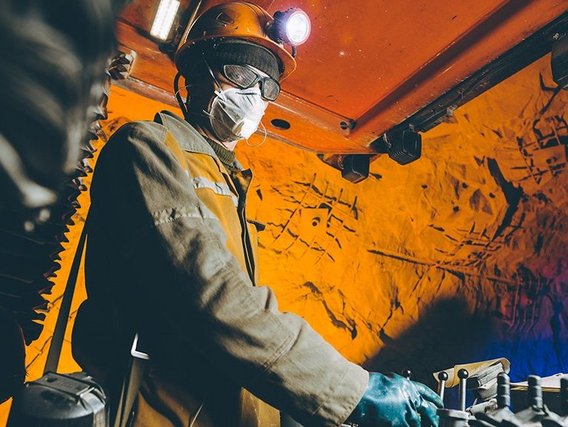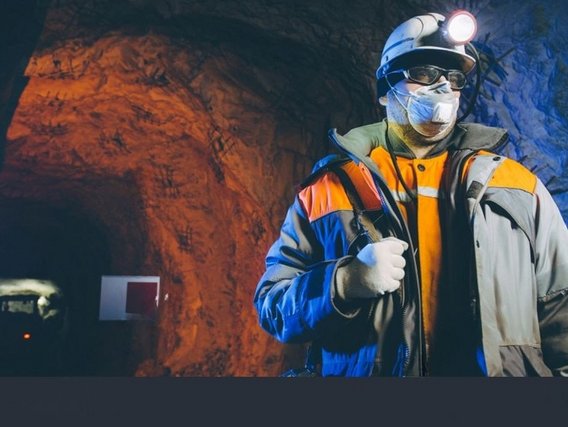
In mining the productive structure of the activities presupposes a continuous process with little flexibility for unplanned stoppages, at the risk of degradation of equipment, physical facilities, high resumption costs, collapse of slopes, ceilings and walls of underground mines and risks of environmental damage.
Taking into account the structure of the mining activity and the potential lack of fundamental inputs, both for the response to COVID-19 and for the recovery of the economy after the end of the pandemic, governments have recognised the essentiality of the activity.
Brazil is no different. Mining has beenincluded as an essential activity, especially considering its fundamental role in Brazil's response to the health emergency and in supplying essential inputs for the re-establishment of industrial activities.
Despite being considered an essential service, the activity had to readjust in order to minimise the risks of COVID-19 contagion. Companies in the sector have therefore opted to reduce their tasks to the bare essential, reducing their teams in production units and establishing safe practices for their employees.
